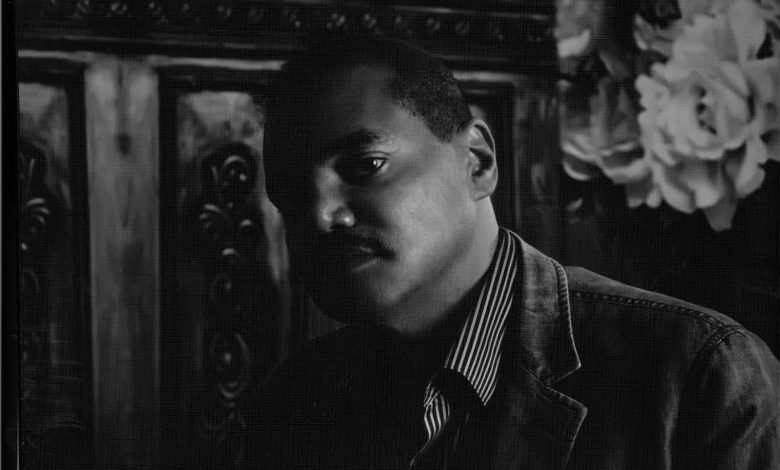Opinion
French Human Rights Group to File Legal Case Against Israeli Finance Minister for Complicity in Torture

By Mohamed Sulieman Al Shazly
The French human rights organization FIDH (International Federation for Human Rights), a prominent group advocating for justice and accountability akin to Amnesty International, will initiate a legal case against Israeli Finance Minister Bezalel Smotrich.
The charge is one of complicity in torture, related to his role in the ongoing conflict in Gaza and his support for policies that human rights groups argue exacerbate violations of international law.
The lawsuit, which will be filed in a French court, is a bold legal move aimed at preventing Smotrich from attending a pro-Israel gala in Paris scheduled for Wednesday, November 13.
The gala, organized by Israeli diplomatic representatives and various pro-Israel groups, is expected to attract high-profile figures and supporters of the Israeli government.
FIDH’s action seeks not only to block Smotrich’s participation in the event but also to call for an official investigation by French prosecutors into his alleged role in the escalation of human rights abuses in Gaza.
FIDH’s case centers on accusations that Smotrich, who is a member of Israel’s far-right political camp and a staunch advocate of policies that critics say undermine Palestinian rights, has been complicit in actions amounting to torture in Gaza.
The organization points to his public support for military strategies and policies that, they argue, contribute to widespread violations of international human rights law, including the alleged targeting of civilians, extrajudicial killings, and the use of torture as part of Israel’s counter-insurgency efforts.
The legal filing comes amid increasing international scrutiny over the humanitarian situation in Gaza, where the ongoing Israeli military operations have led to significant loss of life and widespread destruction.
Human rights groups and international bodies have documented numerous allegations of disproportionate use of force, violations of the Geneva Conventions, and the mistreatment of Palestinian prisoners by Israeli forces.
In particular, FIDH has highlighted Smotrich’s role in promoting policies that they argue exacerbate the violence in Gaza and embolden military tactics that violate the rights of Palestinians.
His leadership position in Israel’s right-wing government coalition and his outspoken support for settlement expansion and military action in Gaza have made him a controversial figure, both domestically and internationally.
The human rights group’s strategy is two-fold: first, to prevent Smotrich from entering France by leveraging legal avenues to block his attendance at the gala, and second, to pressure French authorities to open a criminal investigation into his actions in Gaza.
FIDH’s legal case seeks to hold Smotrich accountable under French law, specifically targeting complicity in torture and violations of international law.
France, as a signatory to the Geneva Conventions, has an obligation to investigate individuals accused of committing or enabling war crimes, and the case seeks to prompt action from French prosecutors in line with the principle of universal jurisdiction.
FIDH’s legal team argues that Smotrich’s role in supporting military operations that allegedly involve torture and other grave human rights abuses should make him subject to investigation under international law, particularly as his actions are believed to have contributed to the suffering of Palestinians in Gaza.
The human rights organization’s filing is not the first time Israeli officials have faced legal challenges in Europe over alleged complicity in human rights violations, but it is one of the most high-profile attempts to challenge a sitting minister in the Israeli government.
The French legal system, with its provisions for universal jurisdiction, allows for the prosecution of individuals accused of war crimes and crimes against humanity regardless of where the alleged crimes took place, and regardless of the nationality of the accused.
This principle could potentially apply to Smotrich if the courts accept the argument that his actions in Gaza have contributed to systematic torture and other violations of international law.
FIDH’s action also highlights the growing global movement to hold officials accountable for actions in Gaza and elsewhere that are seen as breaches of international human rights standards.
The case against Smotrich comes at a time when tensions between Israel and Palestine are escalating, with widespread calls for accountability from international bodies, human rights organizations, and governments around the world.
The pro-Israel gala, which is set to take place on November 13, is expected to be a high-profile event, and Smotrich’s planned attendance has sparked controversy.
His presence at the gala could serve to further embolden critics of Israel’s policies, particularly those concerning Gaza, who view the event as a celebration of actions they argue violate Palestinian rights.
In response to the legal action, Israeli officials have strongly defended Smotrich, dismissing the claims as politically motivated and part of an ongoing effort to delegitimize Israel’s right to defend itself.
Supporters of Smotrich argue that he is a legitimate government official acting in accordance with the interests and security concerns of Israel. However, human rights organizations continue to push for accountability, stressing the importance of ensuring that those who enable or contribute to abuses are held responsible.
The legal battle, set to unfold in French courts, will be closely watched by international observers, as it could set a significant precedent for the prosecution of individuals involved in high-level decision-making related to military actions and human rights violations.
The outcome of the case could have far-reaching implications for both Israeli officials and the broader conversation on accountability for actions in conflict zones.
As the legal proceedings begin, the eyes of the international community will be on France to see whether the French legal system will take action against a sitting minister accused of complicity in torture.
This case underscores the growing intersection between human rights advocacy and international law, highlighting the role that legal mechanisms can play in seeking justice for victims of violence and oppression.



